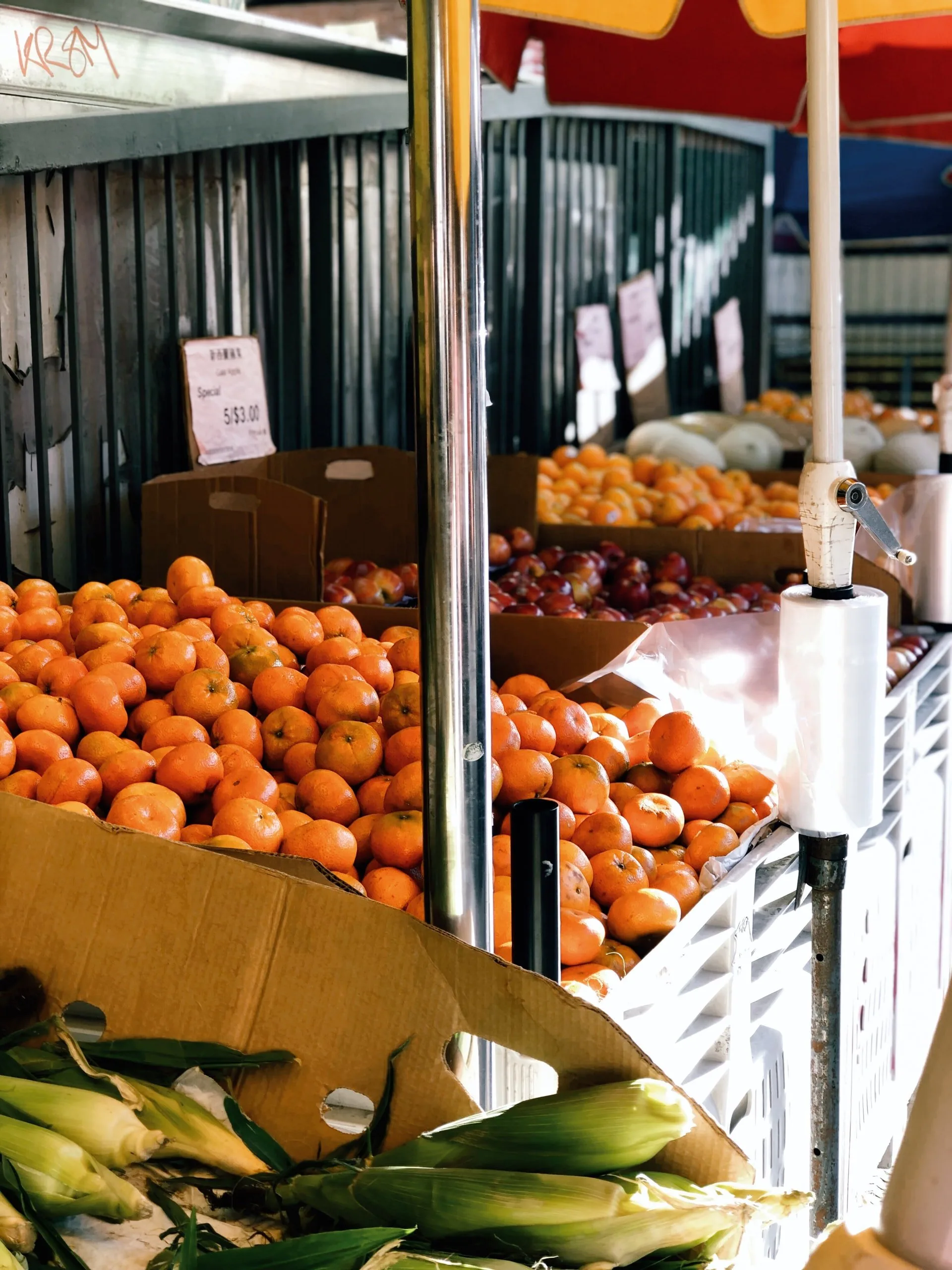The coronavirus pandemic completely changed the state of the world in 2020. It also highlighted, as well as greatly worsened, the inequalities in the world. Amongst these is the mounting food security crisis, with many countries across the world facing a dire food insecurity crisis as well to meet quality standards.
According to statistics, around 1 in 10 Americans said in November 2020 that their household sometimes or often did not have enough to eat in the previous week. The previous month, UNICEF sent out a press release, revealing that 1 in 5 children under the age of 5 is acutely malnourished in parts of southern Yemen.
How did COVID-19 affect food security?
One of the goals under the United Nations Sustainable Development Goals was to end hunger by 2030. As a result of the pandemic, it’s safe to say that this plan may have been thrown into disarray. Food insecurity is triggered by poverty and economic losses as well as health crises. So it should come as no surprise that the global coronavirus pandemic has spiked rates of food insecurity.
The Global Report on Food Crises (GRFC) is a report that analyses food security across the globe. The report noted that the population “in crisis or worse” rose from 112 to 123 million. Additionally, the World Bank revealed that 150 million people around the world are expected to experience extreme poverty in 2021.
“The poverty effects of COVID-19 are projected to continue for decades or even up to 2050,” said Cynthia Rosenzweig, a senior research scientist at NASA’s Goddard Institute for Space Studies and an adjunct senior research scientist at the Earth Institute, during an online roundtable at the fall meeting of the American Geophysical Union on December 14.
“The loss of income is so important to the people that aren’t able to buy food,” said Rosenzweig. “Then, the knock-on effect is that the producers are not able to sell food either. This is basically a downward spiral in many countries in the world, particularly in the vulnerable and lower-income, developing countries. It’s going to take a long time for them to recover.”
Moreover, due to lockdown restrictions, accessing food has been even harder than usual for people that rely on public transportation or community centers that provide food schemes.
Food production in a pandemic

Photo by Anaya Katlego on Unsplash
In addition to economic concerns, the U.S. Department of Agriculture has revealed that the pandemic has also affected both farming and food production and distribution (1). Not to mention that grocery prices have gone up along with unemployment rates.
Food security, climate change and COVID-19
Another contributor to food insecurity definitely has to be weather extremes.
“The impacts of a COVID-19 are intertwined with preparing for climate change, as we’ve seen in Southern Africa, happening simultaneously. Climate change is already affecting food security,” explained Rosenzweig.
Around 45 million people in Africa are desperate for food aid. In Zimbabwe, droughts and floods are worsening food insecurity. What’s more, there are locust infestations happening in East Africa. Sadly, it appears that the pandemic has halted any potential progress that can be made in fighting climate change.
Health impact
Food is important. Consuming a healthy and balanced diet rich in nutrients is essential for health. So, not having enough to eat is a cause for concern, especially during a pandemic. It can increase your risk for a number of chronic diseases that include diabetes and heart disease. This, in turn, can increase your risk of COVID-19 complications should you contract the disease.

Photo by Marquise Kamanke on Unsplash
How can we combat food insecurity?
Although there is no overnight solution to addressing food insecurity, there are a few things that you can do to address the situation.
In addition to spreading awareness around the issue of food insecurity, you can also donate to food drives, food banks, and soup kitchens. You can go further by helping to build a local food economy by supporting local farmers and regularly visiting the farmer’s market. Additionally, you should also do your best to reduce your food waste. Moreover, speaking to your local government about implementing nutritional hunger schemes can also go a long way.
Want to know more?
“How we grow our food has a really big impact on the quality of that food and that means that when the quality of the food is better, the quality of your health and the quality of our planet is better” explains Mary Purdy, Rd, Integrative & Eco-Conscious Registered Dietitian, on her podcast.
The manner in which food is grown may help to combat growing food insecurity concerns. In fact, sustainable farming methods may be the answer to a lot of our problems when it comes to food. The fact is, if you want to do your part, then you really need to care about how your food is grown.




![women [longevity live]](https://longevitylive.com/wp-content/uploads/2020/01/photo-of-women-walking-down-the-street-1116984-100x100.jpg)










